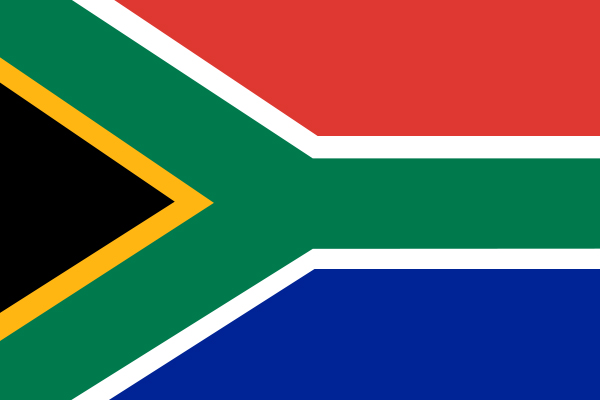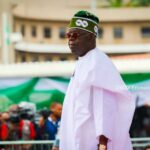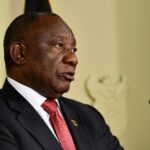The Nigerian Consulate in South Africa has reacted to allegations of arbitrary fees charged for replacement of lost passports by Nigerians living in the country.
Nigeria’s Consul General in Johannesburg, South Africa, Hon Malik Abdul, stated that he had “been blackmailed as wicked” and tagged “an extortionist by elements within the community.”
- Twitter ban: Don’t access social media via VPN, APC warns Nigerians
Reps summon Lai Mohammed over Twitter ban
Daily Trust reports that there was a protest recently by some Nigerians living in Johannesburg querying the fees charged for loss of passport.
They also demanded the removal of R10,000 (N300,000) demanded by the agents as deposit fee, and another R120, which translates to N3,600, imposed on Nigerian citizens for lost passport processing and passport capturing respectively.
However, the consul general, in a speech delivered to chronicle his activities from November, 2020, when he assumed duty, said, “It must be emphasised that the administration fees and the lost passport fees are paid to the government’s designated account and not to any individual account.
“As head of mission, I have a responsibility not to succumb to the blackmail and intimidation tactics of a few disgruntled elements among our community.”
He disclosed that between March 2020 and May, 2021, the mission issued 10,341 passports, adding that the mission has a backlog awaiting production of about 3, 946.
“This includes mobile interventions in Cape Town, Durban, Lesotho and Namibia. Applicants scheduled received instructions to embargo the processing of lost cases pending further directives from headquarters.”
The envoy stated that the mission took a decision to reorganize the operations of agents who had hitherto operated under the shadows without control and regulations.
He said this had saved “helpless Nigerians who are either computer illiterate or lack access or do not have access to bank electronic payment systems.”
Speaking further, he said he had taken steps to stop xenophobic attacks on Nigerians in South Africa by holding Consultative meeting with Kwa-Zulu Natal Provincial Commissioner of Police.

 Join Daily Trust WhatsApp Community For Quick Access To News and Happenings Around You.
Join Daily Trust WhatsApp Community For Quick Access To News and Happenings Around You.


